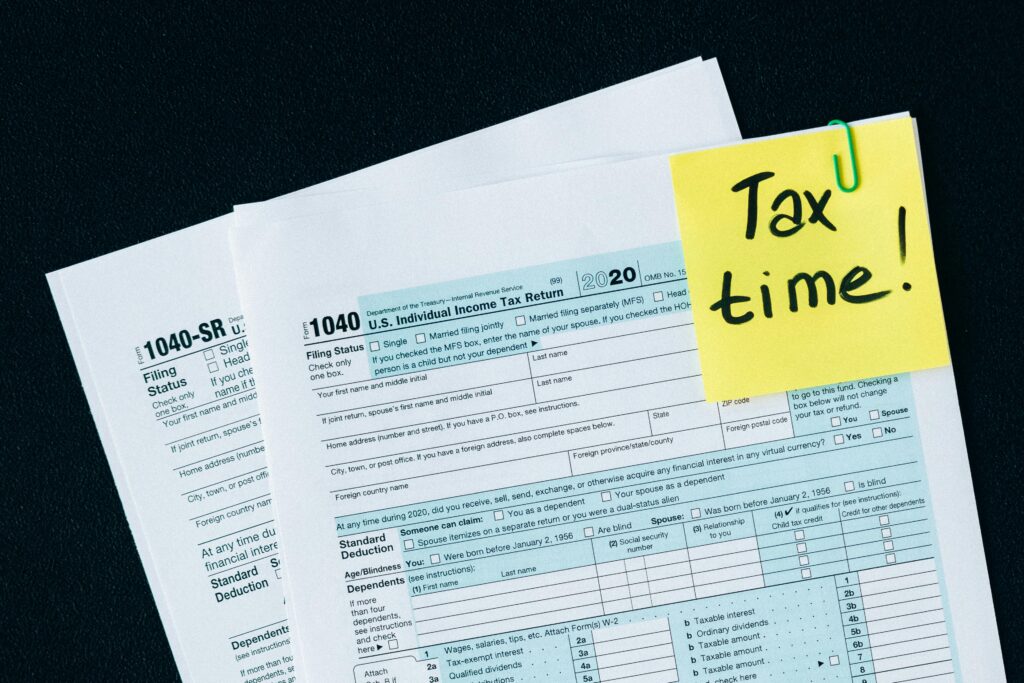Filing your Income Tax Return (ITR) on time isn’t just a legal formality—it directly affects your ability to claim refunds, apply for loans, and even avoid penalties.
Still, it’s common for people, especially salaried individuals or freelancers, to miss the deadline and wonder: What now?
In India, the usual last date for individuals (not requiring audit) to file their return is 31st July of the assessment year. So, for income earned during FY 2024–25, the deadline is 31st July 2025.
But if you forget or delay it, there are real consequences—both financial and procedural.
Let’s start by understanding what the law says. Under Section 139(1) of the Income Tax Act, 1961, any person whose income exceeds the basic exemption limit (₹2.5 lakh for most taxpayers) must file an ITR. Failure to do so leads to a situation where you have to file a belated return under Section 139(4), but with late fees and reduced benefits.
Here’s a snapshot of what changes when you miss the ITR deadline:
| Scenario | Consequence |
|---|---|
| File after 31st July but before 31st Dec | Considered a belated return; late fee under Section 234F applies |
| File after 31st Dec | You may lose the chance to file completely for that year |
| Refund expected | Refund gets delayed or lost if return isn’t filed |
| Have losses to carry forward | You lose the right to carry forward most losses (like capital loss) |
| Payable taxes not paid | You may incur additional interest under Sections 234A/B/C |
A common misconception is that if no tax is due, there’s no penalty. But the late fee under Section 234F applies even in such cases, depending on your total income.
If your income is above ₹5 lakh, the late filing fee can go up to ₹5,000. For those earning below ₹5 lakh, it’s capped at ₹1,000. And this amount must be paid before you can successfully submit your belated return.
Missing the deadline also means you can’t revise your return later unless you’ve filed it—even if there were errors. To know how to correct mistakes in your return, read our blog on How to Respond to an Income Tax Notice—it also covers revision and reassessment.
Even if you’re self-employed or a gig worker, your earnings are still taxable once they cross the exemption limit. Check our post on Can Freelancers Be Taxed? Yes – Here’s How if you’re unsure about your tax duties.
If you’ve missed the ITR deadline, don’t panic. The Income Tax Department still allows you to file a belated return under Section 139(4).
You can file it any time before 31st December of the assessment year—so for income earned in FY 2024–25, the final date would be 31st December 2025.
Filing a belated return is almost the same process as a regular return—just select “Belated Return” as the filing type when submitting on the Income Tax Portal.
But keep in mind, you will have to pay a late filing fee under Section 234F, plus interest on any unpaid tax under Sections 234A, 234B, and 234C.
Here’s what that might look like:
| Type of Charge | When It Applies | Amount / Rate |
|---|---|---|
| Section 234F – Late Filing Fee | Filed after 31st July | ₹5,000 if income > ₹5 lakh, else ₹1,000 |
| Section 234A – Late Interest | Tax unpaid and return is late | 1% per month on outstanding tax |
| Section 234B & 234C – Advance Tax Interest | Didn’t pay advance tax properly | 1% monthly interest, calculated in slabs |
You’ll also lose certain tax benefits. For instance, if you have capital losses or business losses, filing late disqualifies you from carrying them forward to the next financial year under Section 80. This can hurt long-term tax planning.
Filing late doesn’t automatically mean you’ll get a notice, but repeated delays, large refunds, or mismatch in reported income can trigger scrutiny. That’s why it’s always safer to file on time—even if you’re not claiming any refund.
Also, some banks, visa applications, or government tenders require ITR proof. A missing return can cause trouble beyond just tax penalties.
If you’re confused about whether you even needed to file ITR in the first place, go through our guide How to File Your Own Income Tax Return Without a CA to make sense of income limits, forms, and process.
FAQs
1. Can I still file ITR after 31st December?
No. After 31st December, the window closes. You can’t file unless the department allows a condonation request under Section 119(2)(b).
2. Do I have to pay penalties even if I had no tax due?
Yes. If your total income exceeds ₹2.5 lakh, late fees under Section 234F still apply.
3. What if I miss filing for multiple years?
You may face penalties and receive notices. Filing old returns requires special approval.
4. Can I revise a belated return?
Yes, as long as it’s filed by the deadline. The revised return must also be submitted before 31st December.
5. Will missing ITR affect my loan eligibility?
Yes. Most banks ask for ITRs of the last 2–3 years when reviewing home, car, or business loan applications.



